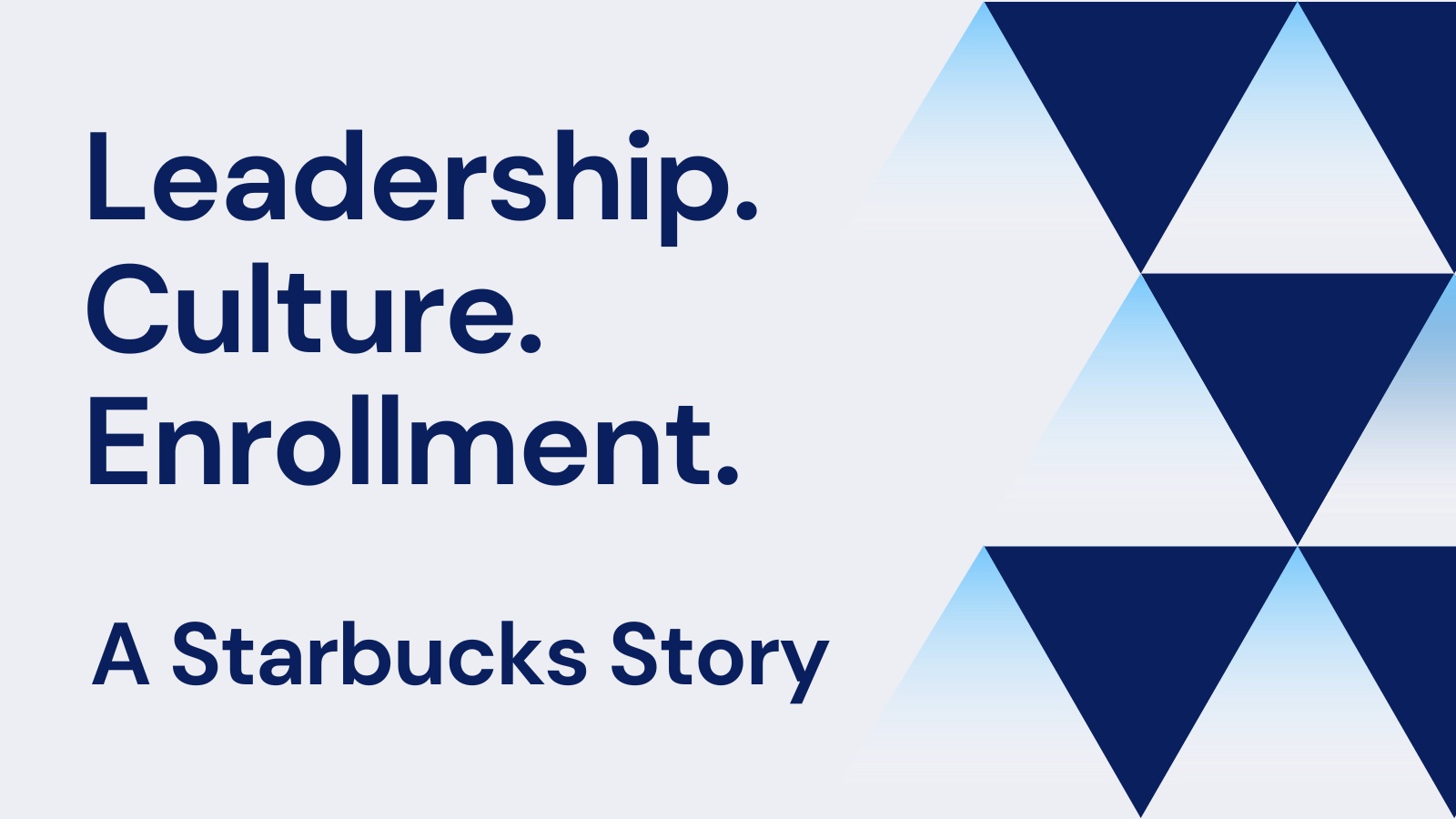I recently heard a young Starbucks manager coaching one of her employees who recently had a difficult interaction with a customer. They were both quite young, probably mid twenties and late teens, respectively.
The manager said, “I take accountability for things I didn’t do all the time.”
That’s leadership. It’s also radical ownership and accountability. And it demonstrates the degree of enrollment the culture Starbucks culture has built. Enrollment at work, as Seth Godin argues, gives us purpose, meaning, and significance.
She got the sense that her team member (“partner” is, I think, what they call each other at Starbucks) was struggling with the idea of having to be inauthentic in order to handle a situation like that in a more Starbucks-y way.
“It’s OK to be fake at work; it’s kind of your job.”
Now, I don’t agree as wholeheartedly with that one, but I got the sense she knew a delivery like that was going to land with this particular team member.
Apologizing even though you didn’t do something wrong.
Making a customer happy if it’s within reach because that’s one of your core values.
Not tolerating abuse while still understanding the value in taking the high road.
You don’t have to sacrifice authenticity to do those things. Make the customer feel heard; solve the problem.
Finally, she added, “If you need help, just ask. I ask for help on the floor all the time.”
This interaction tells me something essential about the culture Starbucks has cultivated. They have enrollment from their managers, and their managers are encouraging enrollment in those they are charged with managing.
How does your organization cultivate enrollment?


